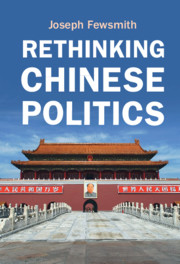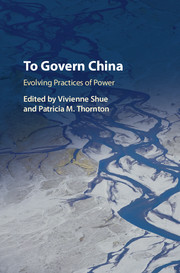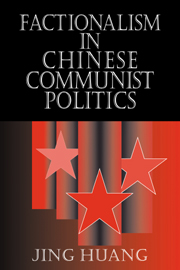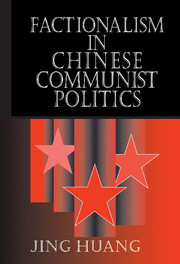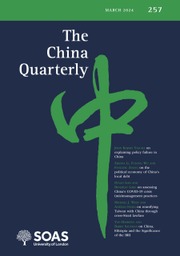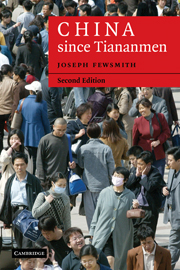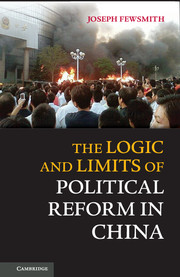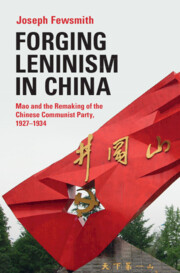Rethinking Chinese Politics
Understanding Chinese politics has become more important than ever. Some argue that China's political system is 'institutionalized' or that 'win all/lose all' struggles are a thing of the past, but, Joseph Fewsmith argues, as in all Leninist systems, political power is difficult to pass on from one leader to the next. Indeed, each new leader must deploy whatever resources he has to gain control over critical positions and thus consolidate power. Fewsmith traces four decades of elite politics from Deng to Xi, showing how each leader has built power (or not). He shows how the structure of politics in China has set the stage for intense and sometimes violent intra-elite struggles, shaping a hierarchy in which one person tends to dominate, and, ironically, providing for periods of stability between intervals of contention.
- Helps readers to understand how to think about Chinese politics
- Examines elite politics from Deng Xiaoping to Xi Jinping, making patterns clear
- Includes data and tables as an accessible reference for students
Reviews & endorsements
‘In this compelling new book, Joseph Fewsmith questions how much Chinese politics has changed in recent decades. Not as much as most China watchers think, is his answer. His challenge to the conventional wisdom about China is sure to provoke debate for years to come.' Bruce Dickson, George Washington University
‘Rethinking Chinese Politics is a refreshing reexamination of many long-held assumptions about Chinese elite politics. By focusing on the core Leninist institutions of the Chinese system, Fewsmith provides an original and deeply insightful framework illuminating the critical drivers of change in Chinese politics and policy in post-Mao China.' Minxin Pei, Claremont McKenna College
Product details
June 2021Hardback
9781108831253
250 pages
235 × 157 × 18 mm
0.473kg
Available
Table of Contents
- Introduction: Rethinking Chinese politics
- 1. The dengist structure of power
- 2. Succession and the art of consolidating power
- 3. Hu Jintao and the limits of institutionalization
- 4. The pathologies of reform leninism
- 5. Xi Jinping's centralization of power
- 6. The nineteenth party congress and reinvigorating Leninism.

